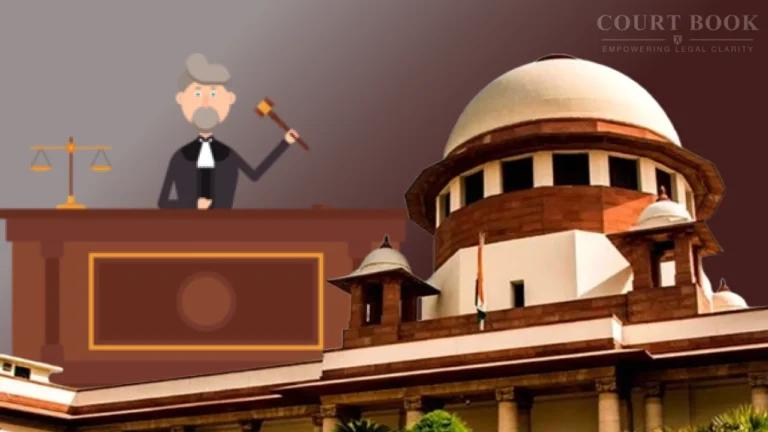The Supreme Court on Tuesday took up a crucial matter regarding the appointment of district judges, specifically whether judicial officers with prior legal practice are eligible for the Bar quota. The hearing, led by a five-Judge Bench headed by Chief Justice BR Gavai, focused on interpreting Article 233 of the Constitution, which governs such appointments.
The dispute arises over whether a judicial officer who has completed seven years as a lawyer can be appointed as a district judge under the Bar quota, which traditionally allows practicing advocates to enter the Higher Judicial Service directly. Senior advocates argued conflicting views, with some emphasizing service experience and others stressing continuous practice as an advocate.
Read also:- Madras High Court Rules Family Courts Can Waive Mandatory One-Year Separation in Mutual Divorce Cases
Justice MM Sundresh remarked,
"One year of judgeship equals five years of being a lawyer. That is the volume of work," highlighting the practical experience gained by service judges.
Chief Justice Gavai cautioned against adding extra requirements beyond the constitutional text, saying,
"You cannot import rules to interpret the Constitution."
Senior Advocate Jayant Bhushan argued that excluding service judges would render parts of Article 233 meaningless.
The Article says:
"A person shall only be eligible to be appointed as a District Judge if he has been for not less than seven years an advocate…' Excluding service judges distorts the scheme," he said.
On the other hand, Senior Advocate Arvind Datar insisted,
"The requirement is that an advocate or pleader should be in practice for the immediate past seven years. Experience as a judge does not count."
The Bench also considered the wording of has been versus is in the Constitution. Senior Advocate PS Patwalia noted,
"The phrase has been refers to a situation that may have existed in the past but need not necessarily be continuing in the present," implying past experience could be considered.
Read also:- Supreme Court Blasts CBI for Failing to Arrest Two Cops in Madhya Pradesh Custodial Death Case
Other interventions were dismissed by the Chief Justice, who reminded candidates that live-streaming does not entitle them to participate, stating,
"No, no. Just because live-streaming is there you all keep filing these IAs."
The hearing is ongoing, and the Court has not yet delivered a final verdict. The Bench's preliminary observations suggest careful consideration of both service experience and advocate practice, but a definitive decision will follow in due course.














